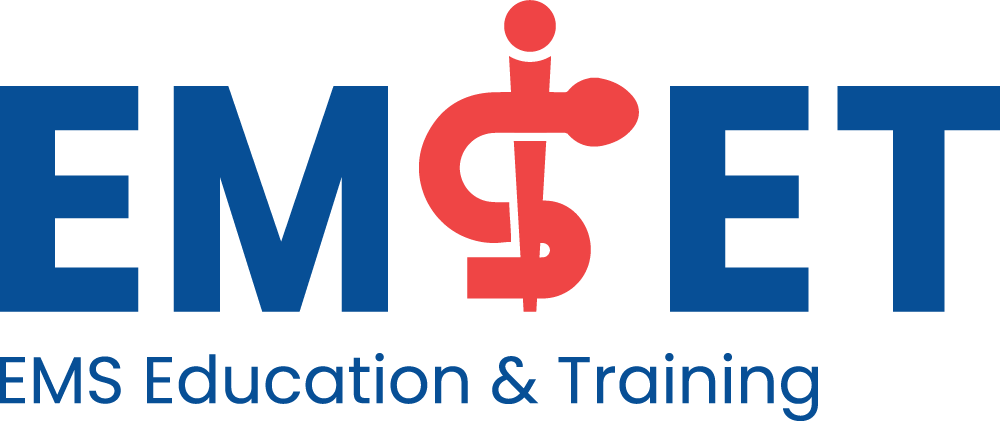This course introduces the fundamentals of managing orthopedic trauma, covering the assessment and initial treatment of fractures, dislocations, and soft tissue injuries. It emphasizes the principles of immobilization, pain management, and the importance of timely referral to specialist care to ensure optimal recovery and function.
This introductory CPD course on Paediatric Advanced Life Support (PALS) equips healthcare professionals with essential skills for responding to paediatric emergencies. It covers key aspects such as CPR, airway management, and defibrillation, tailored to the unique needs of children. The course aims to enhance professionals’ ability to deliver effective emergency care to paediatric patients, focusing […]
This CPD course explores treatment options for managing nausea and vomiting, focusing on both pharmacological and non-pharmacological approaches. Participants will learn about the causes and mechanisms behind nausea and vomiting, assessment techniques, and the latest evidence-based treatments.
This CPD course offers comprehensive mental health training, designed to equip professionals across various sectors with the knowledge and skills to recognize and respond to mental health issues. It covers the basics of common mental health conditions, strategies for promoting mental well-being, and approaches to support individuals experiencing mental health challenges.
This CPD course provides detailed training on the use of naloxone, a life-saving medication used to reverse opioid overdoses. Participants will learn about opioid overdose recognition, naloxone administration techniques, and aftercare procedures. Aimed at healthcare professionals, emergency responders, and community members, the course equips participants with the knowledge and skills to respond effectively to opioid […]
This CPD course is tailored for paramedics and emergency medical technicians, focusing on mental health awareness, assessment, and intervention strategies in pre-hospital settings. It covers recognizing signs of mental illness, providing immediate psychological first aid, and navigating the challenges of mental health emergencies. Participants will gain skills in empathetic communication, crisis intervention, and connecting patients […]
This CPD course on medication management is designed for healthcare professionals seeking to enhance their skills in safely administering medications and managing patients’ medication regimens. It covers pharmacology basics, the principles of safe medication administration, medication reconciliation processes, and strategies to prevent medication errors. Participants will learn to ensure accurate dosing, recognize adverse drug reactions, […]
This CPD course focuses on mental health awareness and support at festivals, designed for event organizers, staff, and healthcare professionals. It covers identifying signs of mental distress, strategies for creating a supportive and inclusive environment, and providing effective mental health first aid. Participants will learn how to collaborate with mental health professionals to ensure safety […]
This CPD course delves into the complex interplay between medical practice, legal requirements, and ethical considerations in healthcare. It covers topics such as patient confidentiality, informed consent, medical malpractice, and ethical decision-making in patient care. Participants will gain a deeper understanding of their legal duties and ethical responsibilities, equipping them with the knowledge to navigate […]
This CPD course explores the concept of life span development, offering insights into the physical, cognitive, and socioemotional changes that occur from infancy through old age. It covers developmental theories, milestones, and the influence of genetic and environmental factors on growth and development. Aimed at healthcare professionals, educators, and those working in social services, this […]

